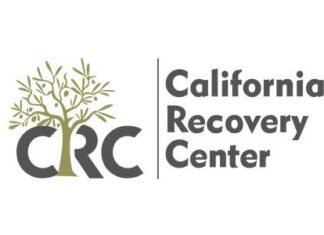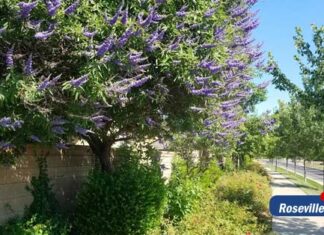Auburn, Calif.- The Placer County Board of Supervisors received an update on the Placer Legacy Open Space and Agricultural Conservation Program recentlythat highlighted both its many achievements and the funding challenges that affect its future.
Created by the Board in 2000, the award-winning program seeks to preserve important natural resources, and open space lands. To date, Placer Legacy has helped conserve almost 8,700 acres throughout the county.
One of the best-known Placer Legacy acquisitions is Hidden Falls Regional Park, which is located in the foothills between Auburn and Lincoln. Its 236 acres include blue oak woodlands and a half-mile stretch of Coon Creek. Placer County is in the process of expanding the park across a 961-acre property commonly known as Spears Ranch that also was a Placer Legacy acquisition. When the new section of park opens to the public next year, Hidden Falls will feature a 30-mile trail network.
Presentation
In its presentation to the Board, county staff noted that the total cost of Placer Legacy acquisitions over the past 12 years is almost $49 million, but the county has spent slightly less than $17 million of its own money. More than $31 million, about 65 percent of the total, came from state grants, gifts, matching funds with other conservation partners and other outside funding sources.
Under Placer Legacy, Placer County and its partners typically acquire a property outright or purchase one of several types of easements: conservation, trail, agricultural conservation or flood control. In some cases, the county has been the lead partner on acquisitions and obtained the needed funding. In other cases, organizations such as the Trust for Public Land, Placer Land Trust or Truckee Donner Land Trust have taken the lead and the county has been a funding partner.
Contributions from the General Fund have been the primary source of county funding for Placer Legacy, but such contributions ceased after the 2009-10 fiscal year because of ongoing county budget challenges created by the economic slowdown and state budget crisis.
In its report to the Board, county staff said the county currently has funding to continue land acquisitions for Placer Legacy for an additional year or two. After that time, the program will largely focus on planning activities and maintenance and monitoring of existing conservation lands.
Current priorities for available funding include:
- Acquiring a conservation easement on lower Coon Creek to meet flood control, habitat and agricultural objectives; and
- Acquiring property, trail easements or conservation easements to connect Hidden Falls Regional Park with properties to the north and east that also have been set aside for conservation and public trail access.
During the May 22 meeting, Supervisor Jim Holmes noted he often receives positive comments from the public about Placer Legacy. “Let’s keeping going forward with this very popular program,” he told his board colleagues.
County Supervisor Robert M. Weygandt, an early proponent of Placer Legacy, noted the county and state budget challenges make it tough to find funding for Placer Legacy. He emphasized the program’s goals could receive a big boost from implementation of the proposed Placer County Conservation Plan (PCCP).
Both the PCCP and Placer Legacy seek to conserve and restore natural resources. Placer Legacy is a voluntary program focused on the acquisition of properties and easements from willing sellers for a wide diversity of open space lands. The PCCP, on the other hand, is a proposed regulatory program that would provide a comprehensive framework for complying with federal and state requirements for protecting endangered species and their habitat, including vernal pools, wetlands, salmon-bearing streams and other natural communities.
In 2000, the board created Placer Legacy to:
- Maintain a viable agricultural segment of the economy;
- Conserve natural features necessary for access to a variety of outdoor recreation opportunities;
- Preserve the diversity of plant and animal communities and protect endangered and other special-status plant and animal species;
- Separate urban areas into distinct communities;
- Ensure public safety, and
- Retain important scenic and historic areas.
(21+ years strong)
Welcome to the brighter side!
Get in front of local customers! 24/7 (365)























